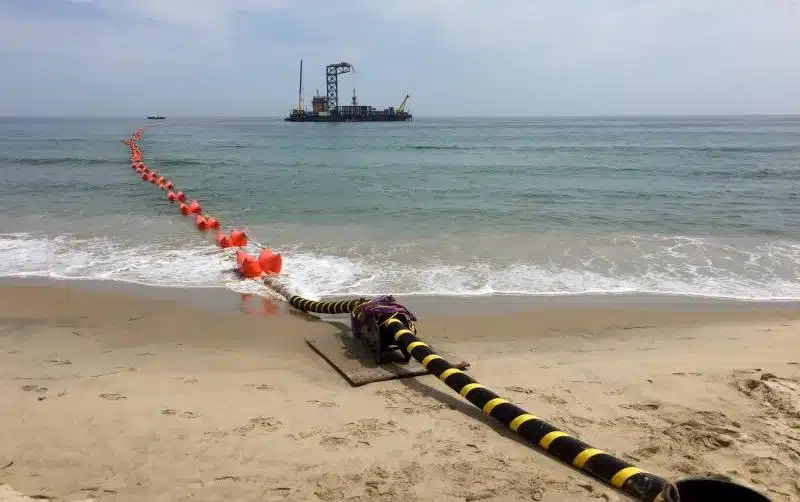The news:
- Djibouti has invested over $200 million in 12 submarine cables, enhancing its role as a key digital hub connecting Europe, Asia, and Africa.
- The country’s strategic location at the Red Sea and Indian Ocean junction facilitates global data transmission and positions it as a critical node in international connectivity.
- The Eastern Africa Regional Digital Integration Project aims to improve digital connectivity for over 40 million people in Djibouti and Ethiopia.
Djibouti is rapidly transforming into a pivotal digital hub in East Africa, leveraging its strategic location and substantial investments in submarine cable infrastructure. With over $200 million allocated to 12 undersea cables, the nation connects continents and facilitates global data exchange.
Situated at the crossroads of the Red Sea and the Indian Ocean, Djibouti serves as a critical junction for data transmission between Europe, Asia, and Africa. This geographical advantage has attracted significant investments, including the Sea-Me-We-6 cable, which links Singapore to Marseille over a span of 19,200 km. Such infrastructure not only enhances global connectivity but also supports emerging technologies like cloud computing and artificial intelligence.
“The pillar of our strategy in Djibouti is stability. We have become a regional hub not only for shipping, but also for data. Our undersea cables carry the information that fuels global trade,” said Prime Minister Abdoulkader Kamil Mohamed at the Djibouti Forum, convened by the Sovereign Wealth Fund of Djibouti early in April, per The Africa Report.
The Eastern Africa Regional Digital Integration Project (EARDIP), backed by the World Bank, exemplifies efforts to bolster regional digital infrastructure. With a $130 million investment, the project aims to improve broadband connectivity, promote digital trade, and develop digital skills across Djibouti and Ethiopia, impacting over 40 million people.
Djibouti’s advancements have major implications for neighbouring countries, especially landlocked Ethiopia. Enhanced connectivity facilitates economic integration, trade, and access to digital services, which are vital for regional development. The role of submarine cables in driving connectivity across Africa has already been observed in Nigeria through MainOne’s submarine cable system, as well as the increasing presence of data centres like MainOne’s MDXi facility.
These developments mirror broader trends across the continent. Africa is witnessing a rise in data centres to support its growing digital economy, and Djibouti’s investments align with this shift. The benefits of submarine cables in transforming Internet access are becoming more evident as they reduce latency, improve speeds, and open up new economic opportunities.
While challenges such as high electricity costs and limited domestic competition remain, Djibouti’s forward-looking approach and regional partnerships position it as a key player in Africa’s evolving digital landscape. Continued investment will be critical to fully realise its vision as a digital springboard for East Africa.











